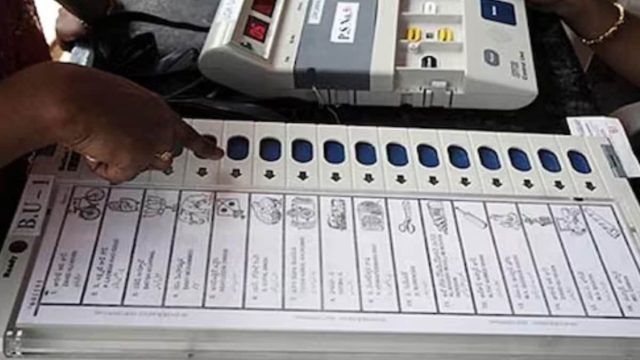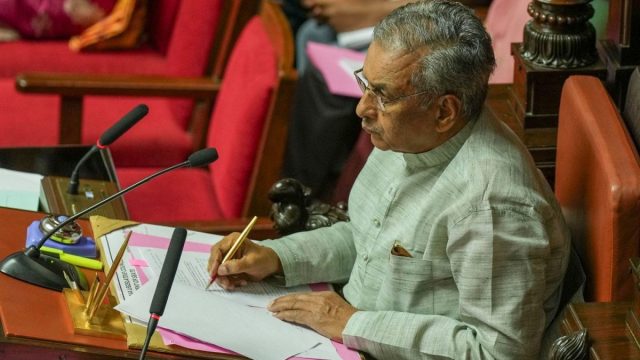Last Updated:
Speaking to CNN-News18, the DMK MP said the three-language policy disregards the historical struggles and sacrifices made by Tamilians to protect their linguistic identity

The DMK MP also criticised Union education minister Dharmendra Pradhan for labelling those protesting against the policy “uncivilised” and “dishonest”. (PTI)
DMK Member of Parliament Kanimozhi has defended Tamil Nadu’s long-held stance against the three-language policy and instead proposed that “teaching a south Indian language to those migrating from North India for work would be economically beneficial”.
Speaking to CNN-News18, Kanimozhi said: “Many people from UP, Bihar come to South to work… If you would’ve taught them one south Indian language, they would have found it much easier to come here, work and communicate.”
The DMK MP also criticised Union education minister Dharmendra Pradhan for labelling those protesting against the policy “uncivilised” and “dishonest”, calling it a disrespect to both the Tamil people as well as Parliament.
The controversy stems from the historical opposition in Tamil Nadu to the imposition of Hindi, leading to a two-language policy (Tamil and English) being adopted in the state. The three-language policy, as proposed by the National Education Policy (NEP), mandates the teaching of Hindi along with two other languages in schools.
Kanimozhi, who has filed a notice for breach of parliamentary privilege against Pradhan, argued that the three-language policy disregards the historical struggles and sacrifices made by Tamilians to protect their linguistic identity.
Asserting Tamil Nadu’s right to autonomy in education, Kanimozhi reminded the government that education is a concurrent subject and the NEP cannot be forced upon the state. She highlighted that Tamil Nadu has consistently secured exemptions from the three-language policy, adding that students have the option to learn other languages through CBSE schools if they choose to.
Challenging the government’s rationale behind the policy, Kanimozhi questioned the benefit of burdening children with a third language if they lack the aptitude or interest.
This is not the first time the MP has resisted the move to impose Hindi on southern states. Earlier, Kanimozhi had said: “What is the need for anybody to learn Hindi? What do we get? What do we gain by learning Hindi? I have never learnt Hindi. My son, who went to school in Tamil Nadu, did not learn Hindi. I don’t think that every student in Tamil Nadu wants to learn Hindi.”
She had also alleged that the Centre withheld Rs 5,000 crore in funds meant for Tamil Nadu after the state refused to implement NEP.
Kanimozhi’s impassioned defence of Tamil Nadu’s stance has reignited the debate surrounding the three-language policy and its sensitivity within the context of Tamil Nadu’s history and cultural identity.




